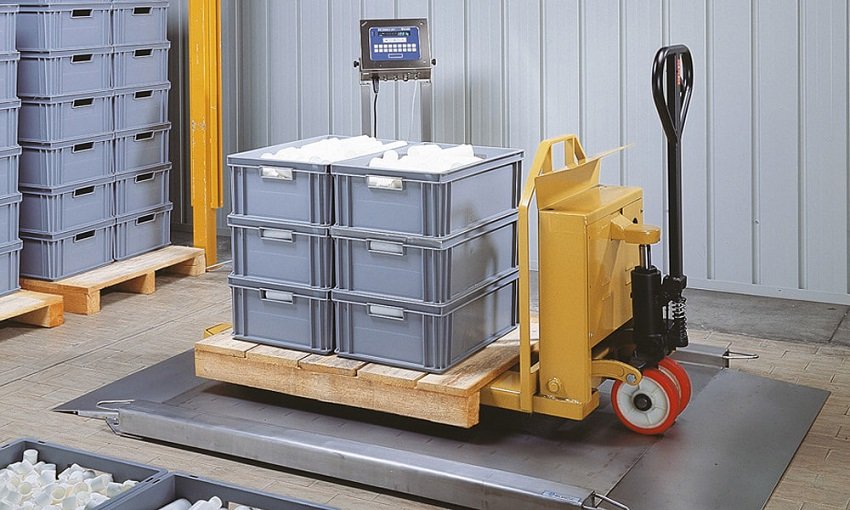A long standing relationship
Industrial scales are used in a wide range of industries, including manufacturing, logistics, construction, and agriculture. These scales are known for their durability, accuracy, and reliability, which make them well-suited for use in a variety of industrial settings.
This article will go over the industries that benefit the most from utilizing scales in their operation. Considering how anything that is sold is also weighed, it is good to take a look at what scales are used in these industries.
Industries that utilize scales.
Manufacturing: One of the industries that benefits from the use of industrial scales is manufacturing. In the manufacturing industry, scales are used to weigh raw materials, finished products, and intermediate products. This is important for ensuring that products are made to the correct specifications and that they meet quality standards. In addition, scales can be used to monitor production processes and to track inventory levels, which can help to optimize operations and reduce costs.
When looking into manufacturing operations, there are different scale types that they use. Typically you will find scales like bench scales, counting scales as well as floor scales in warehouses and manufacturing plants.
Logistics: Another industry that benefits from industrial scales is logistics. When it comes to shipping items, accurate weight is paramount to ensuring items are within shipping standards. If weigh is inaccurate then you run the risk of over or under charging for shipment or you can run the risk of transport being overloaded. In the logistics industry, scales are used to weigh goods and materials that are being transported.
This is important for ensuring that vehicles are properly loaded and that they are in compliance with weight regulations. In addition, scales can be used to calculate shipping rates and to determine the most cost-effective way to transport goods. Common scales used in logistic companies are bench scales, shipping scales, floor scales and forklift scales.
Construction: The construction industry is also a major user of industrial scales. On construction sites, scales are used to weigh materials, equipment, and other items. This is important for ensuring that projects are completed on time and within budget. In addition, scales can be used to verify that products meet quality standards and to monitor the use of materials, which can help to avoid delays and reduce the risk of accidents.
Retail: The retail industry frequently uses scales for various reasons. When going through a grocery store, the produce section will have several scales placed for customers to use. Using these scales (some hanging and some bench) allows for customers to gauge how much their produce will cost before checking out. You will also find scales in the deli and bulk foods section as well.
Some retailers like hardware stores will sell small items like screws, nuts and bolts by weight, instead of packaging. So it is common to find scales in hardware stores as well. Also large scale dry cleaners will weigh your clothes and charge based on weight. Retail scales will usually use bench scales or hanging scales.
Closing words
In conclusion, industrial scales are an essential tool for a wide range of industries, including manufacturing, logistics, construction, and agriculture. These scales provide accurate and reliable weight measurements, which can help companies to optimize their operations and improve their bottom line. As the global economy continues to evolve, the use of industrial scales is likely to become even more important.
At American Scale we strive to bring you informed and useful content on all things scale related. Be sure to check out our truck scale articles about truck scale foundation or how much do truck scales cost. We even have a guide to warranties. To learn more about bench scales, it would be good to check out our other articles such as “Bench Scale Basics'' and “How Much Does A Bench Scale Cost?”. These articles will help with the basics of bench scale ownership. Also, take a look at our “Common Problems With Bench Scales'', which can help give insight to what issues could arise while owning a bench scale.

